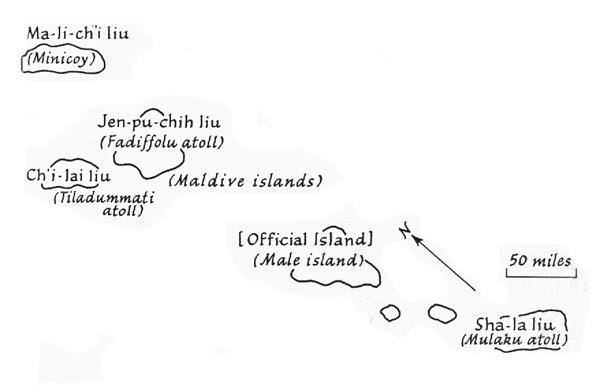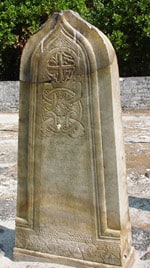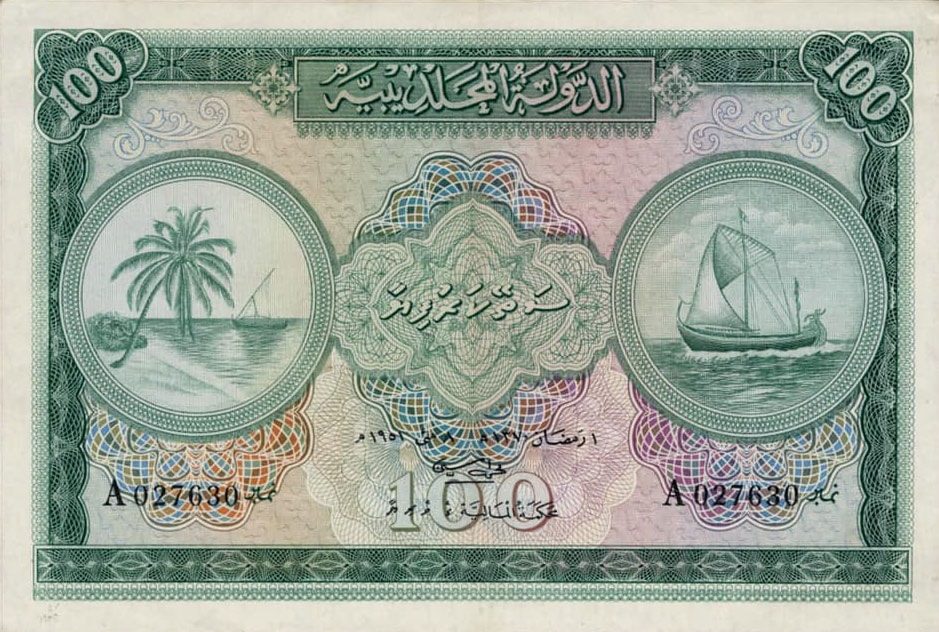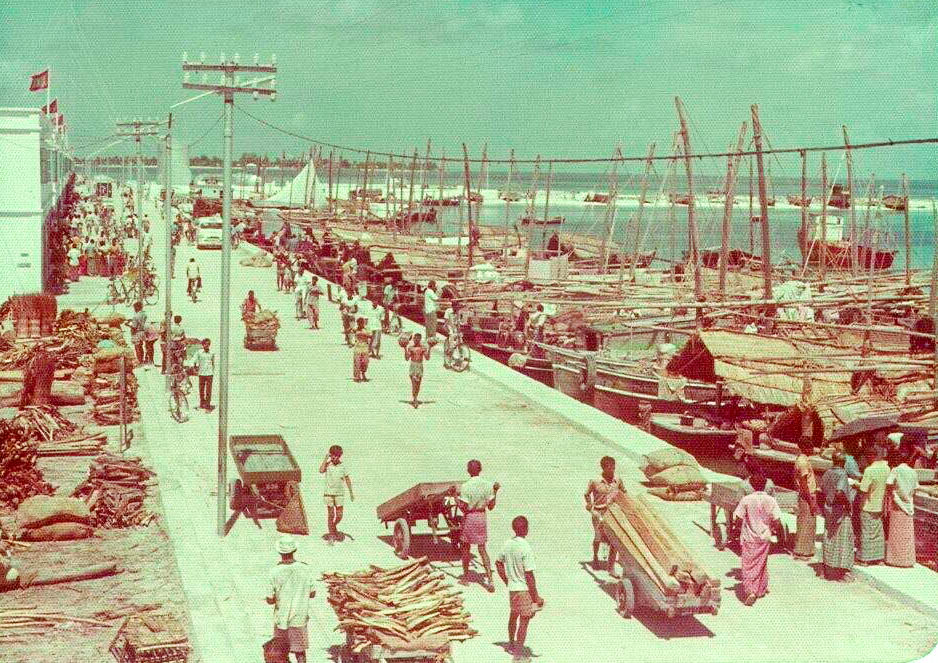History of Maldives
Although archeological finds indicate that the Maldives were inhabited as early as 1500 BC, much of the country’s history is lost in time, with much of it being folklore and myth as much as fact.
The Maldives’ geographical location is thought to be the most important factor that contributed to people settling there. Massive ruins and other archeological remains discovered in the atolls and islands bordering the Equatorial Channel and the One and a Half Degree Channel in the sound attest to the fact that ancient peoples came across the country during their travels.
Permanent settlements are thought to have been established around 500 BC by Aryan immigrants from the Indian subcontinent. Many customs, traditional practices, and superstitious beliefs that still exist in the country attest to the influence of the Maldives’ early Dravidian culture.

Although it is most likely that early Maldivians were Buddhists or Hindus migrating from the Indian subcontinent, archeologist Thor Heyerdahl stated that some of the figures unearthed from ancient mounds bore a striking resemblance to figures he had investigated on Easter Island in the Pacific Ocean. Many of these theories, however, are still being debated.

The accounts of travelers who stopped over (for supplies and shipwrecks) because the Maldives is located along ancient marine trade routes from the West to the East are also useful guides to the history of these small islands.
Among them were the Chinese historian Ma Huan and the well-known Arab traveler Ibn Batuta. It is also assumed that the Maldivians traveled far beyond their own shores; Pliny, for example, claims that Maldivian emissaries brought gifts to the Roman Emperor.
Islam, the current state religion of the Maldives, is thought to have arrived in the country via Arab traders who used the Maldives as a stopover on their way to the Far East. The legend of how the predominantly Buddhist Maldives became a 100% Muslim nation remains popular, despite recent controversy.
According to popular belief, a Moroccan scholar and traveler named Abu Barakaat Yusuf Al-Barbaree was responsible for the arrival of Islam in the country; however, another version credits a renowned Tabriz scholar named Sheikh Yusuf Shamsuddin.

The Maldives has been famous for two main products since ancient times: sea shells and tuna. Large quantities of cowrie shells were exported from the country to many parts of the world during the time when the cowrie shell (cyprea moneta) was prized as a form of currency in many areas of the Middle East and the Indian subcontinent.
Foreign traders would stop over to exchange shiploads of cowrie for rice, spices, and luxury items. Maldive fish, which can be stored for a long time without losing flavor or texture, was also popular among traders who stopped in the Maldives.
It was an ideal source of protein for long journeys, and its scarcity made it a prized delicacy in most parts of the Indian subcontinent, where it is still used in many dishes today.

Although the Maldives was, for the most part, a quiet, peaceful trading port, the tranquility of the islands was frequently disturbed by pirates and superpowers of the day.
Despite the fact that her brave sons saved the Maldives from most attackers and invaders in a short period of time, the Portuguese invaded and reigned in the country for fifteen years before being overthrown by Maldivian heroes.
Francois Pyrard de Laval, a French sailor who was shipwrecked in the Maldives and stayed for five years, recounts the events of this time in his chronicles.
The Maldives became a British protectorate in 1887, in an unusual arrangement in which the British ensured the Maldives’ defense but were not involved in the country’s governance. This close relationship with the British guaranteed a period of peace and freedom from foreign intervention.
During WWII, the British had forward bases in the archipelago’s north and south, and in 1957, the Royal Air Force – RAF established a base on the island of Gan in Addu Atoll. This airbase was decommissioned in 1967.
On July 26, 1965, the Maldives gained full independence, and on November 11, 1968, the government was changed from a monarchy to a republic.
Maldivian Culture
The culture of the Maldives is influenced by different visitors who arrived in Maldives throughout the times.
We can see Indian, Sri Lankan, Arabian, Persian, Indonesian, Malaysian, and African cultural traits. The Maldives is located at an important crossroad in the Indian Ocean and the visitors have left their marks.
However, acting as a melting point the Maldives assimilated these influences and has created a unique cultural identity.